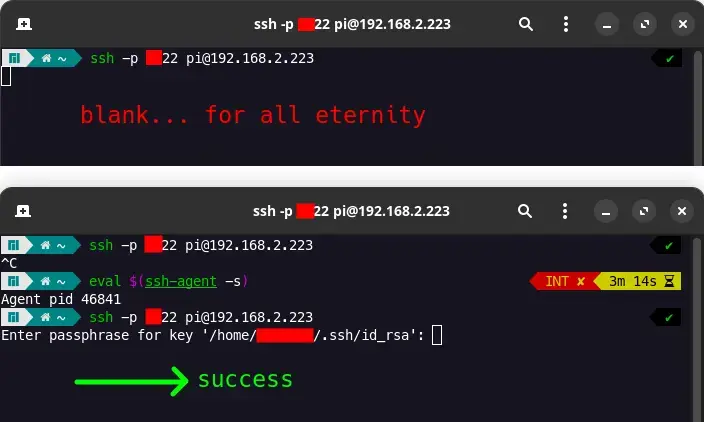115
you are viewing a single comment's thread
view the rest of the comments
view the rest of the comments
this post was submitted on 14 Aug 2024
115 points (98.3% liked)
Linux
48878 readers
873 users here now
From Wikipedia, the free encyclopedia
Linux is a family of open source Unix-like operating systems based on the Linux kernel, an operating system kernel first released on September 17, 1991 by Linus Torvalds. Linux is typically packaged in a Linux distribution (or distro for short).
Distributions include the Linux kernel and supporting system software and libraries, many of which are provided by the GNU Project. Many Linux distributions use the word "Linux" in their name, but the Free Software Foundation uses the name GNU/Linux to emphasize the importance of GNU software, causing some controversy.
Rules
- Posts must be relevant to operating systems running the Linux kernel. GNU/Linux or otherwise.
- No misinformation
- No NSFW content
- No hate speech, bigotry, etc
Related Communities
Community icon by Alpár-Etele Méder, licensed under CC BY 3.0
founded 5 years ago
MODERATORS

Is this problem a recurring one after a reboot?
If it is it warrants more effort.
If not and you're happy with rhe lack of closure, you can potentially fix this: kill the old agent (watch out to see if it respawns; if it does and that works, fine). If it doesn't, you can (a) remove the socket file (b) launch ssh-agent with the righr flag (
-a $SSH_AGENT_SOCKiirc) to listen at the same place, then future terminal sessions that inherit the env var will still look in the right place. Unsatisfactory but it'll get you going again.reboot makes no difference. A new terminal gives the symptoms from the start.
I think I found a bad workaround. If I add this script to ~/.zshrc (because I'm not using bash but zsh)
then it works. But I think I'm still using the ssh agent which I actually should not be using. At least it's asking for the passphrase every time, which is nice. Even in the same terminal after ssh logout.
EDIT: The first two lines do the trick as well:
EDIT: If I change this SSH_AUTH_SOCK to ANYTHING else, it also works. So
/run/user/1000/gcr/sshdoes not work. I gave ample permission to this file, so that cannot be the problem. Perhaps BECAUSE this is a file. I think the SSH_AUTH_SOCK should point to a nonexisting file because then it makes temporarily a special file that it needs. Ok I'm just shooting in the dark.Minimise your windows one at a time and check that the gnome keyring hasn't popped up a dialog box sonewhere behind everything else that's asking you if it's okay to proceed.
No unfortunately not... Would've been a real pain.
Have you considered storing your keys unencrypted? In this case ssh doesn't need the agent or a password.
Yes it's not as secure, but for me it's good enough considering my systems at home are not doing anything important. If you have an encrypted home partition it's just as secure when your partition is unmounted.